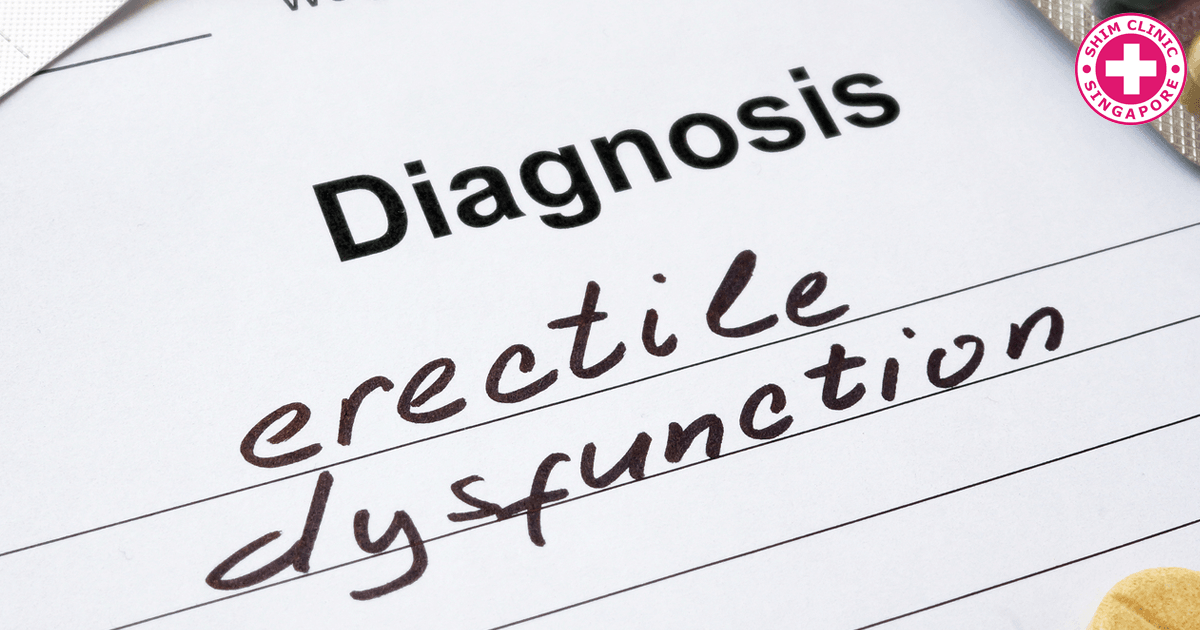Erectile dysfunction (ED) has become quite a widely experienced condition lately in both old and young men. Various reasons have seen cases go on the rise. From anxiety, stress, alcohol abuse, and fatigue, are some of the causes of inability to get an erection or premature ejaculation. However, persistent ED could also be a pointer to underlying health issues that require medical attention.
ED is often a condition that is treated with a lot of stigma and many patients would rather suffer in silence. ED is also quite misunderstood leaving a lot of cases untreated while they, in fact, could be otherwise resolved. Nonetheless, with the right information patients can seek the correct treatment and care.
Definition of Erectile Dysfunction
ED can also be referred to as impotence. ED is the inability to attain and maintain a firm erection to complete the sexual activity to point of orgasm. ED also involves problems in initiating or continuing with sexual intercourse. An ED patient will also have problems when having oral sex and masturbating.
One of the biggest reasons why most people suffer in silence is because sex is an important part of a fulfilling relationship. When patients are unable to give this to their partners, they get frustrated making the situation even worse. Patients will normally suffer from low self-esteem and lack of self-confidence. They also tend to feel embarrassed, isolated and choose to avoid sexual relationships instead of seeking medical help.
What Causes Erectile Dysfunction?
Various physical and psychological conditions can cause erectile dysfunction. Some of the common physical causes of ED include those that affect:
- The flow of blood to your penis
- The interference of nerve signals
- Hormones/chemicals in drugs
- The anatomy of your penis
Psychological causes include:
- Stress: This is stress not related to sex. This could include work demands, life in general, finances and so on. Stress causes your body to release adrenaline that then narrows your blood vessels, causing blood not to flow to the penis. Stress also prevents nitric oxide from expanding your blood vessels that are associated with the smooth muscle of the penis.
- Anxiety: Anxiety about various issues also make your body react in the same ways as stress does by releasing chemicals associated with negative emotions that then affect your erection.
- Depression: Depression alters the brain chemistry negatively affecting the way your brain communicates with your sex organs thus causing ED or loss of libido.
- Relationship Issues: Anxiety and excitement of a new relationship can cause pressure to please your partner sexually. But because trust is yet to be established, you’re unable to communicate any of your insecurities. If this pressure becomes too much it can lead to performance anxiety which is a cause of ED.
Treating Erectile Dysfunction
The first step in treating ED is by consulting a doctor or specialist to establish whether your ED is as a result of physical or physiological causes. The doctor can then give you relevant treatment options.
You can also receive various medication such as phosphodiesterase-5 inhibitors. This medication is meant to increase blood flow to the penis. Each type of medication is taken within a period of anticipated sexual activity.
Reduce Risk Factors
There are certain lifestyle conditions that are known to increase the risk of developing ED. This include:
- Being overweight,
- Drinking alcohol in excess
- Smoking or using recreational drugs,
- Being physically inactive,
- Fatigue and sleep deprivation,
- Stress.
With this information, should you face any difficulties during sexual intercourse, don’t think of it as an isolated issue, Contact Shim Clinic to seek treatment and you’ll get the right help. At Shim Clinic, we believe prevention is better than cure so come for STD testing if you do suspect a recent infection or if you frequently engage in high-risk sexual activity. If you are experiencing HIV symptoms such as fatigue, sudden weight loss and light sensitivity, do come in for a HIV test. If you may have been exposed to the HIV virus within the last 72 hours, it is important to know that there is help! HIV PEP (Post-Exposure Prophylaxis) prevents infection from setting in if administered within 72 hours of exposure.

